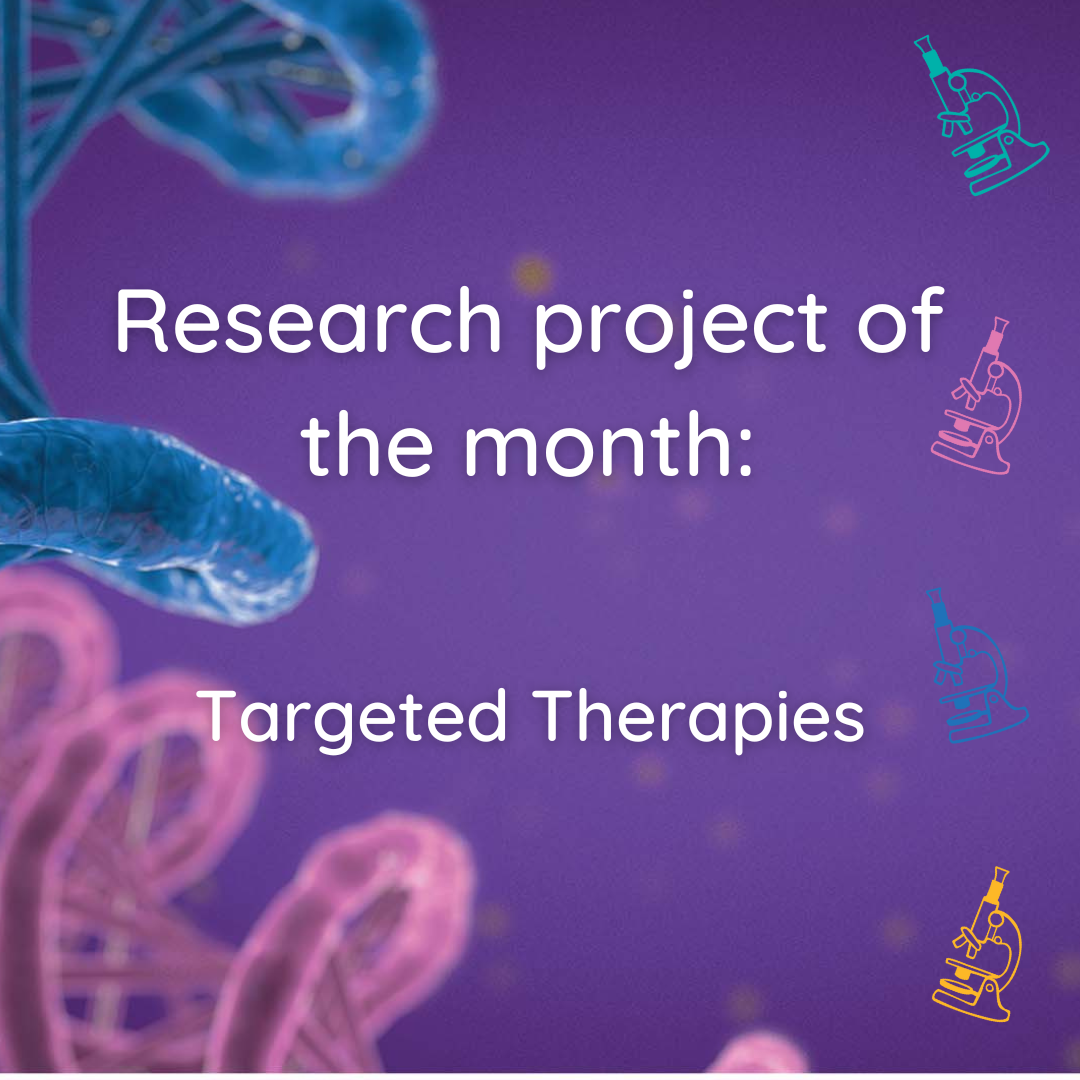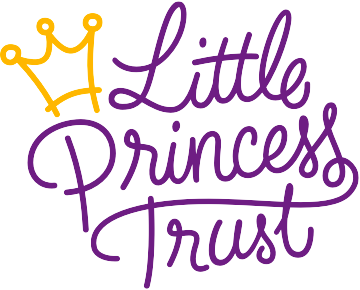Little Princess Trust News
Research Project of The Month - Targeted Therapies

Is Targeted therapies the future of childhood cancers?
Targeted therapies – the future of childhood cancer treatment!
A lot of cancer medicines can have side effects that make it very difficult for children on treatment,
because the medicines harm healthy body cells as well as cancer cells.
A lot of the research projects we fund are looking for new treatments with fewer side effects –
targeted therapies. This type of treatment looks for ways that cancer is different to a child’s body
and attacks these differences. For example, if the cancer relies on a particular type of protein, a
targeted therapy might starve the cancer by stopping the protein from reaching it.
Professor Vikki Rand is one of our expert researchers, trying to find new targeted therapy options for
B-cell non-Hodgkin lymphoma. This is a very rare type of cancer that is also very difficult to treat,
meaning children often need a lot of the medicines - which comes with a lot of side effects.
Not only did Vikki find errors in the DNA of B-cell non-Hodgkin lymphoma cells which could be used
to develop targeted therapies, but her team also made a fascinating discovery. They found that a
gene called TP53 could help doctors predict whether a child’s treatment would be successful, or
whether their cancer would come back.
_2.jpg)
Errors in TP53 are a problem in a lot of cancers, making them harder to treat, but we didn’t know it
also played a role in B-cell non-Hodgkin lymphoma. If doctors could test for TP53 errors, they would
be able to see which children need stronger treatments and which could have lower amounts of
medicines.
Vikki’s team at the National Horizons Centre at Teesside University are planning to look into the DNA
errors and into TP53 to find out if they would make good therapy targets. They are keen to bring
their research into the clinic where it can make a difference to children with B-cell non-Hodgkin
lymphoma.
You can read more about this project here LPT research



